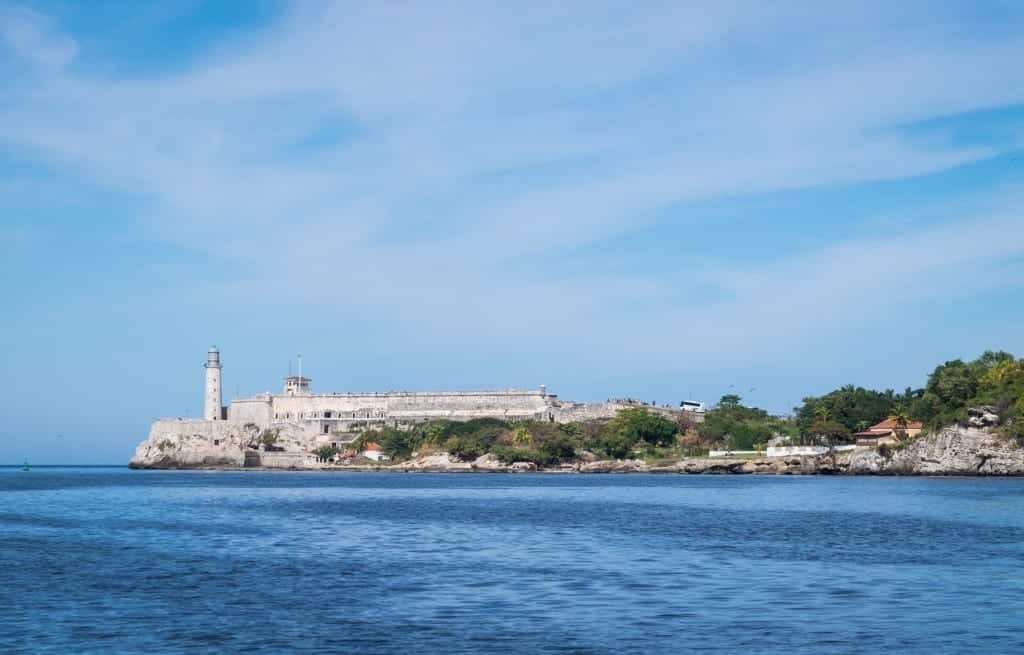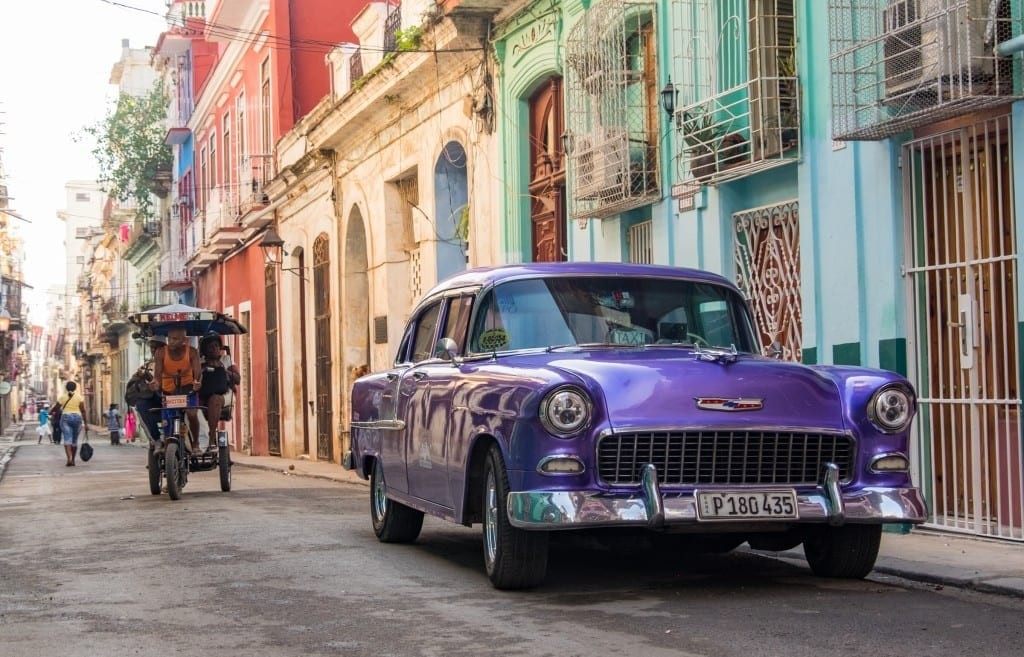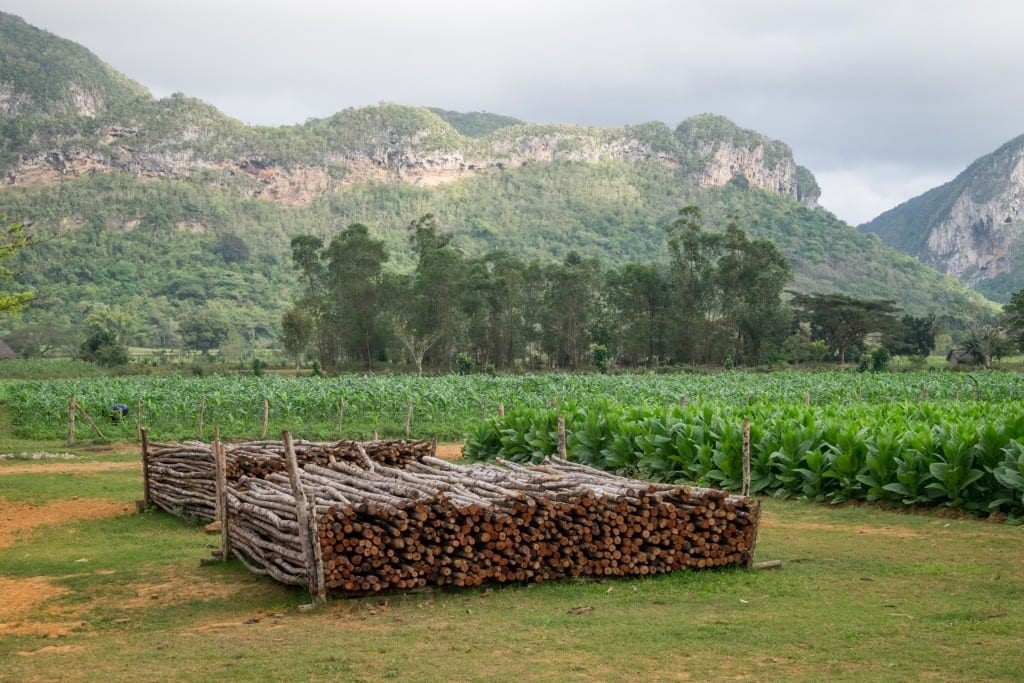Are you dreaming of exploring Cuba’s vibrant culture and stunning landscapes? Can You Travel To Cuba Without A Tour? Absolutely! As TRAVELS.EDU.VN, we’re here to guide you through the ins and outs of independent travel to Cuba, offering a flexible alternative to structured tours. We will provide a guide to navigating the legal requirements, managing your finances, and uncovering the authentic Cuban experience independently.
1. Understanding the U.S. Regulations for Traveling to Cuba
Can Americans travel to Cuba freely? While travel to Cuba is permitted for U.S. citizens, it’s essential to understand the regulations set by the U.S. government. The key lies in adhering to one of the 12 authorized categories of travel.
1.1. The 12 Authorized Categories of Travel to Cuba
The U.S. Treasury Department’s Office of Foreign Assets Control (OFAC) outlines the permissible reasons for travel to Cuba. Here’s a breakdown:
| Category | Description |
|---|---|
| Family Visits | Visiting close relatives residing in Cuba. |
| U.S. Government/Foreign Government Business | Official travel on behalf of the U.S. government, foreign governments, or intergovernmental organizations. |
| Journalistic Activity | Engaging in news gathering and reporting. |
| Professional Research/Meetings | Conducting professional research or attending conferences related to one’s profession. |
| Educational Activities | Participating in educational programs or exchanges. |
| Religious Activities | Engaging in religious observances or activities. |
| Public Performances/Competitions/Exhibitions | Participating in or supporting public performances, clinics, workshops, athletic competitions, or exhibitions. |
| Support for the Cuban People | Activities intended to support the Cuban people, promote human rights, or strengthen civil society. |
| Humanitarian Projects | Engaging in projects aimed at directly benefiting the Cuban people. |
| Activities of Private Foundations/Institutes | Activities conducted by private foundations or research/educational institutes. |
| Exportation/Importation of Information | Exporting, importing, or transmitting information or informational materials. |
| Export Transactions | Certain export transactions that may be considered for authorization under existing Department of Commerce regulations and guidelines with respect to Cuba or engaged in by U.S.-owned or controlled foreign firms. |
 Cuban flag waving in Havana, representing the country's culture and heritage.
Cuban flag waving in Havana, representing the country's culture and heritage.
1.2. “Support for the Cuban People”: Your Key to Independent Travel
For most travelers, the “Support for the Cuban People” category is the most accessible route to independent travel. This category requires you to engage in activities that directly benefit the Cuban people, steering clear of government-owned establishments.
How do you comply with the “Support for the Cuban People” category?
- Stay in Casas Particulares: Opt for privately-owned guesthouses instead of government-run hotels.
- Dine at Paladares: Choose privately-owned restaurants over state-run establishments.
- Engage with Local Businesses: Support local artisans, farmers, and entrepreneurs.
- Participate in Cultural Activities: Take dance lessons, cooking classes, or explore local art galleries.
1.3. Documenting Your Activities
While you don’t need to apply for a specific license, it’s crucial to keep a record of your activities and expenses in Cuba. This documentation may be requested by the U.S. government for up to five years after your trip.
What documentation should you keep?
- Accommodation receipts from casas particulares.
- Restaurant receipts from paladares.
- Receipts from local businesses and activities.
- A detailed itinerary outlining your support for the Cuban people.
2. Securing Your Cuban Visa
Do you need a visa to travel to Cuba? Yes, regardless of your nationality, you’ll need a Cuban Tourist Card (visa) to enter the country.
2.1. Obtaining a Tourist Card
There are two types of Tourist Cards:
- Green Tourist Card: For travelers arriving from any country other than the United States.
- Pink Tourist Card: For travelers arriving directly from the United States.
Where can you get a Tourist Card?
- Through Your Airline: Many airlines flying to Cuba sell Tourist Cards at the departure airport.
- Online Visa Services: Several online agencies specialize in providing Cuban visas.
- Cuban Embassy or Consulate: You can apply in person or by mail at the Cuban embassy or consulate in your country.
2.2. Cost of the Tourist Card
The price of a Tourist Card varies depending on where you purchase it, typically ranging from $25 to $85.
3. Flights to Cuba: Direct vs. Indirect
Can you fly directly to Cuba from the U.S.? Yes, several airlines offer direct flights from major U.S. cities to Havana and other Cuban destinations.
3.1. Direct Flights from the U.S.
Airlines like American Airlines, JetBlue, and United operate direct flights from cities like Miami, New York, and Fort Lauderdale.
3.2. Flying Via Another Country
An alternative is to fly to Cuba via another country, such as Mexico, Canada, or Panama. This option can sometimes be cheaper, but it requires an additional flight and potentially a longer travel time.
 Classic cars on a Havana street, showcasing the city's vintage charm.
Classic cars on a Havana street, showcasing the city's vintage charm.
4. Navigating Money Matters in Cuba
Can you use credit cards in Cuba? No, U.S.-issued credit and debit cards do not work in Cuba. It’s essential to bring enough cash to cover your entire trip.
4.1. Currency Exchange
Cuba has one currency: the Cuban Peso (CUP). Exchange your currency at official exchange houses (CADECA) or banks. Avoid exchanging money on the street, as you risk getting a poor exchange rate or counterfeit currency.
4.2. How Much Cash to Bring
Estimate your daily expenses and bring enough cash to cover accommodation, food, transportation, activities, and souvenirs. It’s always wise to have a buffer for unexpected costs.
4.3. Reporting Financial Transactions
Be cautious about mentioning Cuba in any financial transactions after your trip. Some U.S. banks have been known to freeze accounts due to references to Cuba.
5. Accommodation: Casas Particulares vs. Hotels
Where should you stay in Cuba? For an authentic and supportive experience, opt for casas particulares, privately-owned guesthouses.
5.1. Casas Particulares: A Local Experience
Casas particulares offer a unique opportunity to connect with Cuban families, experience local culture, and support the Cuban people directly. They are often cheaper and more charming than hotels.
How to find Casas Particulares:
- Airbnb: Search for casas particulares in your desired location.
- Online Booking Platforms: Websites specializing in Cuban travel often list casas particulares.
- Word-of-Mouth: Ask locals for recommendations.
5.2. Hotels: Government Restrictions
Be aware that some hotels in Cuba are government-owned and are on the U.S. State Department’s restricted list. Americans are prohibited from spending money at these establishments.
6. Transportation: Getting Around Cuba
How can you get around Cuba? Cuba offers a variety of transportation options, from classic cars to buses.
6.1. Taxis
Taxis are readily available in cities and tourist areas. Negotiate the fare before getting in. Classic cars offer a unique and memorable experience but tend to be more expensive.
6.2. Viazul Buses
Viazul is the main bus company serving tourists. It’s a reliable and affordable way to travel between cities. Book your tickets in advance, especially during peak season.
6.3. Collectivos
Collectivos are shared taxis that operate on fixed routes. They’re a good option for traveling between nearby towns or cities.
6.4. Renting a Car
Renting a car gives you the freedom to explore the island at your own pace. However, be prepared for rough roads, limited signage, and occasional fuel shortages.
7. Staying Connected: Internet Access in Cuba
Is there internet in Cuba? Internet access in Cuba is limited and can be expensive.
7.1. Wi-Fi Hotspots
Wi-Fi is available in some hotels, parks, and public spaces. You’ll need to purchase a Wi-Fi card from ETECSA, the state-owned telecommunications company.
7.2. Mobile Data
Mobile data is available for tourists, but it can be expensive. You’ll need to purchase a SIM card from ETECSA and top it up with data packages.
7.3. Digital Detox
Consider embracing the limited internet access as an opportunity for a digital detox and to fully immerse yourself in the Cuban experience.
8. Experiencing Cuban Culture
What can you do in Cuba? Cuba offers a rich tapestry of culture, history, and natural beauty.
8.1. Havana: A City of Contrasts
Explore the vibrant streets of Old Havana, a UNESCO World Heritage Site. Admire the colonial architecture, visit historic sites, and soak up the atmosphere.
8.2. Viñales Valley: A Natural Paradise
Escape to the countryside and discover the stunning Viñales Valley, known for its tobacco farms, limestone hills, and lush landscapes.
 Tobacco fields in Vinales, showcasing the region's agricultural beauty.
Tobacco fields in Vinales, showcasing the region's agricultural beauty.
8.3. Trinidad: A Colonial Gem
Step back in time in Trinidad, a beautifully preserved colonial town with cobblestone streets, colorful buildings, and a lively music scene.
8.4. Beaches: Caribbean Paradise
Relax on the pristine beaches of Varadero, Cayo Coco, or Cayo Santa Maria. Enjoy the turquoise waters, white sand, and swaying palm trees.
9. Essential Tips for Traveling to Cuba
What should you know before traveling to Cuba? Here are some essential tips to ensure a smooth and enjoyable trip.
9.1. Learn Some Spanish
While some Cubans speak English, knowing some basic Spanish will enhance your experience and allow you to connect with locals.
9.2. Pack Appropriately
Pack light, comfortable clothing suitable for the tropical climate. Bring sunscreen, insect repellent, and a hat.
9.3. Be Prepared for Shortages
Be aware that Cuba sometimes experiences shortages of certain products, such as bottled water, toiletries, and medications. It’s a good idea to bring your own supplies.
9.4. Be Respectful of Cuban Culture
Respect Cuban customs, traditions, and sensitivities. Dress modestly when visiting religious sites.
9.5. Stay Informed
Keep up-to-date with the latest travel advisories and regulations from the U.S. State Department.
10. Why Choose TRAVELS.EDU.VN for Your Cuban Adventure?
Looking for a hassle-free way to experience Cuba? TRAVELS.EDU.VN offers personalized travel planning services to help you create the perfect Cuban itinerary, tailored to your interests and budget.
10.1. Expert Guidance
Our team of experienced travel specialists has in-depth knowledge of Cuba and can provide expert guidance on all aspects of your trip, from visa requirements to accommodation options.
10.2. Customized Itineraries
We’ll work with you to create a customized itinerary that reflects your interests and preferences. Whether you’re interested in history, culture, nature, or relaxation, we’ll design a trip that’s perfect for you.
10.3. Support for the Cuban People
We’re committed to supporting the Cuban people and ensuring that your trip benefits the local economy. We’ll recommend casas particulares, paladares, and local businesses that align with the “Support for the Cuban People” category.
10.4. Peace of Mind
With TRAVELS.EDU.VN, you can relax and enjoy your Cuban adventure, knowing that all the details have been taken care of. We’ll provide you with 24/7 support and assistance throughout your trip.
FAQ: Your Questions About Traveling to Cuba Answered
1. Can U.S. citizens travel to Cuba as tourists?
Yes, U.S. citizens can travel to Cuba, but they must adhere to one of the 12 authorized categories of travel outlined by the U.S. Treasury Department’s Office of Foreign Assets Control (OFAC). The “Support for the Cuban People” category is the most common for tourists.
2. Do I need a visa to travel to Cuba from the U.S.?
Yes, you need a Cuban Tourist Card (visa) to enter Cuba. If you’re flying directly from the U.S., you’ll need a pink Tourist Card. If you’re flying from another country, you’ll need a green Tourist Card.
3. Can I use my credit card in Cuba?
No, U.S.-issued credit and debit cards do not work in Cuba. You must bring enough cash to cover your entire trip.
4. What currency is used in Cuba?
Cuba uses the Cuban Peso (CUP). You can exchange your currency at official exchange houses (CADECA) or banks.
5. Is it safe to travel to Cuba?
Cuba is generally considered a safe country for tourists. However, it’s always wise to take precautions against petty theft and be aware of your surroundings.
6. Can I stay in hotels in Cuba?
Yes, but be aware that some hotels are government-owned and are on the U.S. State Department’s restricted list. Americans are prohibited from spending money at these establishments. Casas particulares are a great alternative.
7. How can I access the internet in Cuba?
Internet access is limited and can be expensive. Wi-Fi is available in some hotels, parks, and public spaces. You’ll need to purchase a Wi-Fi card from ETECSA.
8. What activities qualify under the “Support for the Cuban People” category?
Staying in casas particulares, dining at paladares, engaging with local businesses, and participating in cultural activities all qualify under this category.
9. Do I need travel insurance to visit Cuba?
While not always mandatory, travel insurance is highly recommended to cover medical expenses, trip cancellations, and other unforeseen events.
10. What should I pack for a trip to Cuba?
Pack light, comfortable clothing, sunscreen, insect repellent, a hat, and any necessary medications. It’s also a good idea to bring a phrasebook or translation app.
Ready to Explore Cuba Independently?
Don’t let the complexities of travel regulations hold you back from experiencing the magic of Cuba. Contact TRAVELS.EDU.VN today at +1 (707) 257-5400 or visit us at 123 Main St, Napa, CA 94559, United States, and let us help you plan an unforgettable independent adventure. Our website TRAVELS.EDU.VN is waiting for you.
Let travels.edu.vn be your trusted partner in unlocking the wonders of Cuba!